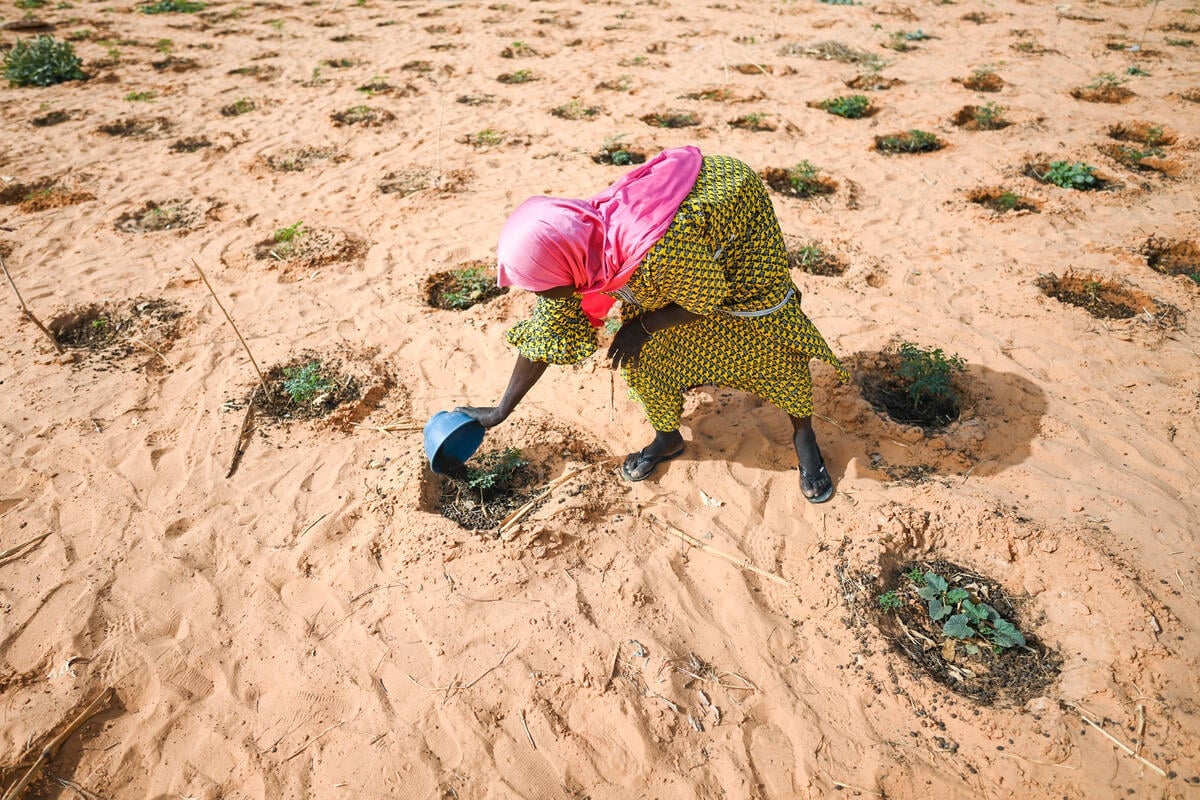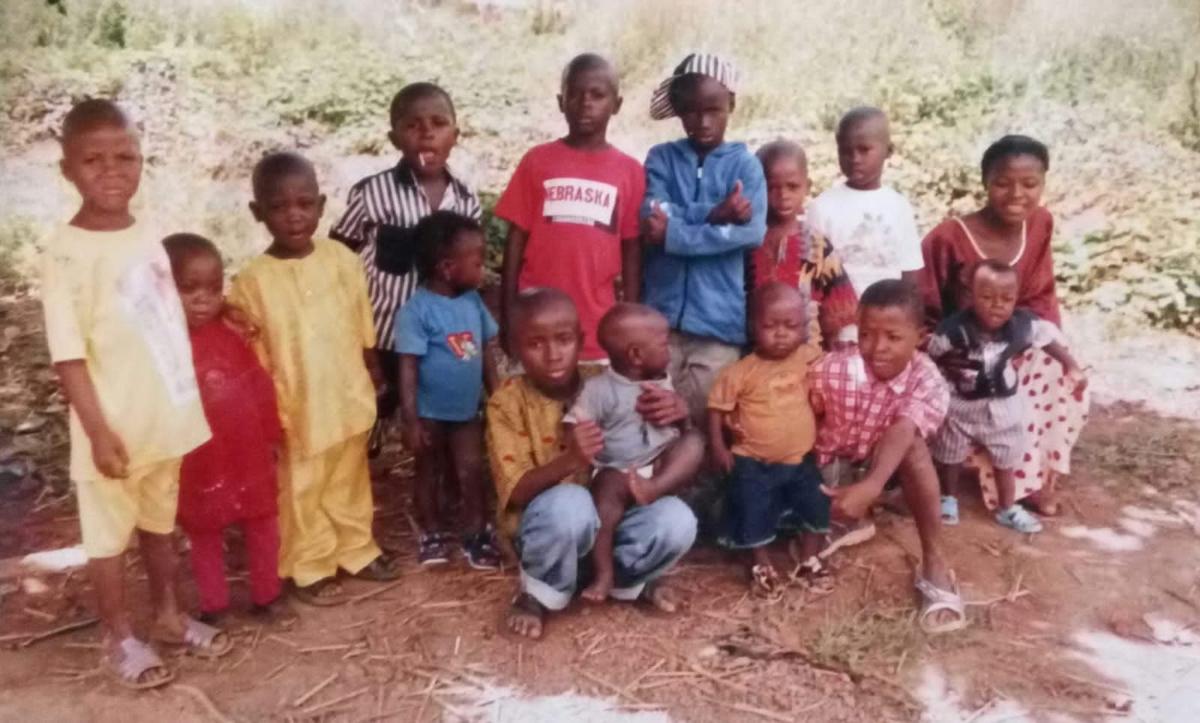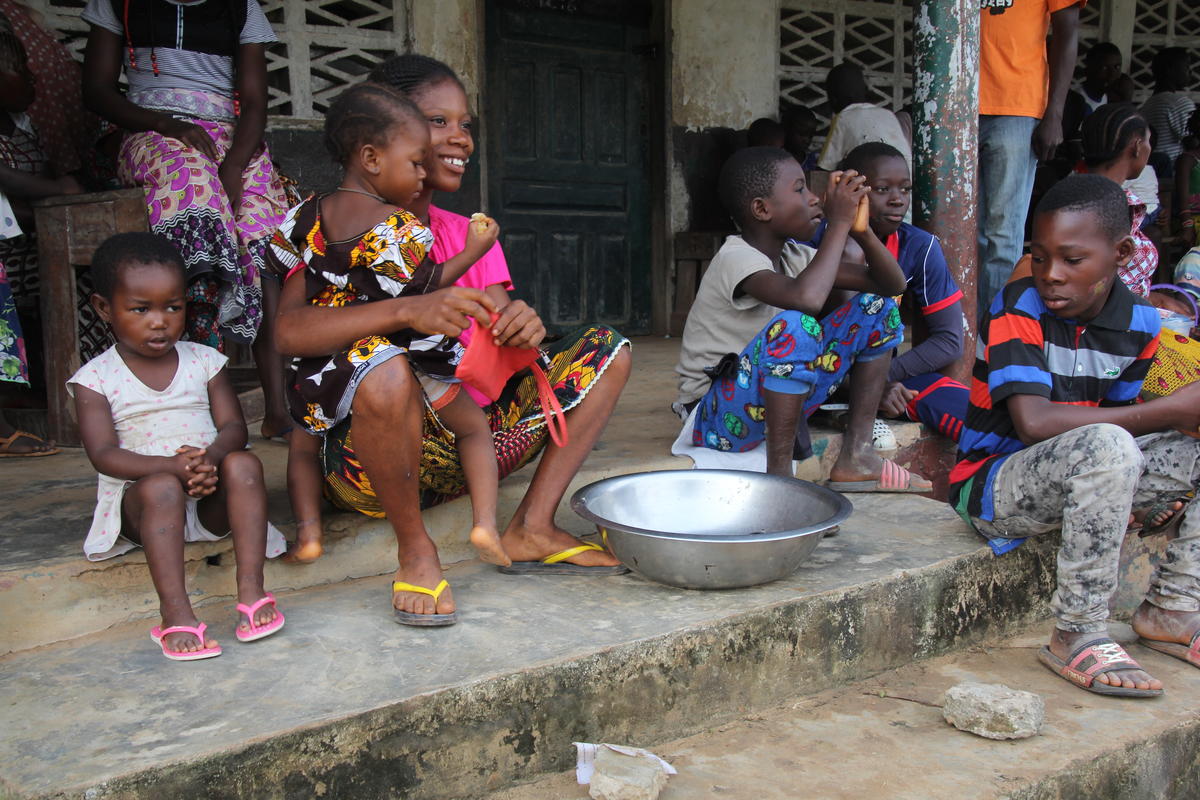Guinea: "parrot's beak" aid ready to go
Guinea: "parrot's beak" aid ready to go
UNHCR and partner agencies are now about to start moving aid into Guinea's volatile "parrot's beak" area jutting into Sierra Leone territory. The area holds at least a quarter million people in need of food and other supplies. Operating from their base in Kissidougou, aid workers are gearing up for the resumption of aid deliveries to the area which has been virtually cut-off from the rest of the country since late November.
In a boost to the relief operation, UNHCR has recovered a significant quantity of aid supplies that had been feared lost in a December rebel attack on Guéckédou. More than 40,000 blankets, 23,500 plastic tarpaulins, 15,700 jerry cans, soap and 4,700 mats have been recovered. The supplies will be rushed to the refugees in the camps dotting the "parrot's beak" and other refugee-affected areas of southern Guinea.
The recovered aid supplies should meet some of the most immediate needs. UNHCR has therefore cancelled one of the two relief flights planned for next week, but one planeload, carrying 8,000 jerry cans, 7,000 blankets and 500 rolls of plastic tarpaulin, is still due to arrive in Conakry next week.
Meanwhile elsewhere in Guinea, UNHCR is identifying fresh groups of refugees stranded in various areas. In Nzérékoré, near the Liberian border, some 1,100 refugees who fled their camps near Massadou and Macenta town, to the north-west, were discovered this week. The area also holds about 5,000 internally displaced Guineans. In the Kouankan camp, south-east of Macenta, UNHCR staff found 3,500 refugees who had fled other areas, increasing the camp's population to 14,500.
Meanwhile, some 3,300 refugees have repatriated from Conakry to Sierra Leone on the UNHCR-chartered vessel, as more people are signing up to go back. UNHCR's Conakry transit centre is hopelessly overcrowded with Sierra Leoneans anxious to go back. The centre shelters some 3,000 persons - three times its originally planned capacity. A second transit site, that can hold up to 5,000 people, is now planned in Matoto, outside Conakry.
Upon arrival in Freetown, returnees are registered by UNHCR staff and taken to transit centres located in Jui and Waterloo, east of the capital. There, returnees receive a meal, a sleeping mat and a blanket. Once they reach their final destination, they are given emergency resettlement packages that include jerry cans, soap, kitchen sets and plastic tarpaulin. UNHCR and local officials are trying to find government-controlled areas where returnees could be accommodated, since most of them come from rebel-controlled areas of Sierra Leone to which they cannot return.









